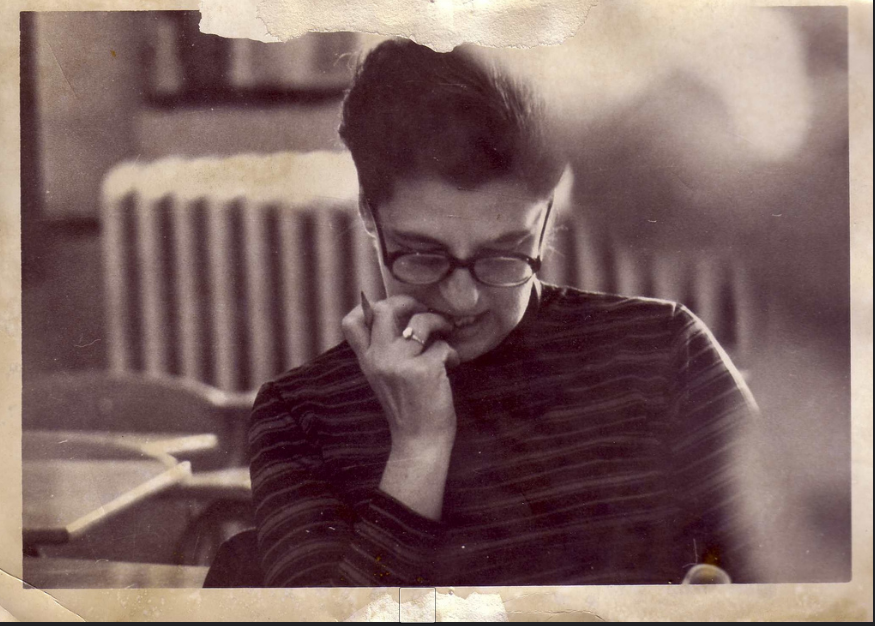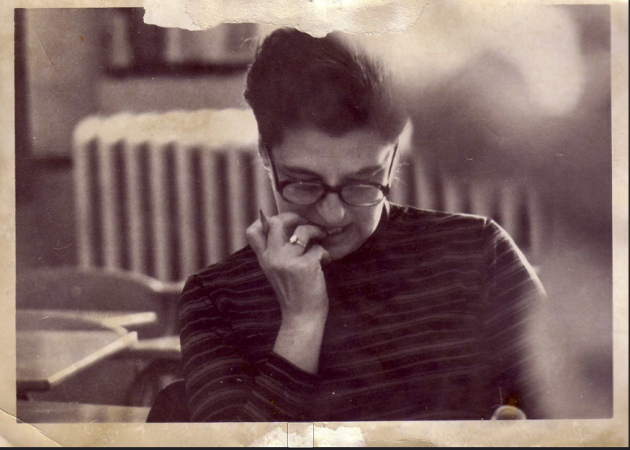
Due on Tuesday: Lesson Plans and a Xanax. The Challenges Facing One Female Teacher.

Photo credit: Kevin Dooley
“You need to clap harder if you want the class to shut up and listen!” pointed out Michael, one of my most challenging students.
“I’m trying my best to clap loudly, but my hands are not that strong,” I replied. I demonstrated another clapping in front of the class, but the sound that emanated from my delicate palms was, frankly, pathetic. Michael giggled.
It was at that moment that I became frustratingly aware of my dainty femininity, and how it was no match for the adolescent cacophony of slang, whooping, taunts, and laughter.
“You need to yell!” piped up Eva, another student who can summon the gall to critique my classroom management techniques publicly. “Intimidate us!” With the steady rise of 35 teenage voices threatening to overpower my authority, I finally did yell.
“Enough!” I shrilled, while slamming a textbook on my desk.
My voice, filled with bone-shaking ire, silenced even the loudest student. Michael and Eva were correct: I needed to establish a dominant physical and audible presence if I wanted this class to finally shut up and listen.
After I dismissed the class, I sighed and sank my body on a chair. I felt firm stress knots criss-crossing across the expanse of my shoulder blades, an MTA-like subway grid of burnout and despair.
2 comments on “Due on Tuesday: Lesson Plans and a Xanax. The Challenges Facing One Female Teacher.”
Comments are closed.




So you left teaching because your students stepped all over you and didn’t like you enough? I began my teaching career in elementary and then moved to middle school reading/English. I almost quit after my first year. I took all I learned and tried to do better the next year. It takes a few years to get your bearings, to figure out what works, as well as how to work within the system. New teachers need mentors, too. Perhaps the problem doesn’t really stem from gender or how strict or authoritarian a teacher is but fundamentally from traditional schooling itself: the idea that the teacher is a “sage on stage” and that students are vessels. Some middle and high schools are exploring nontraditional learning spaces, teachers as guides, project-based learning, multi-age classrooms, and student-driven curriculum as a way out of this old paradigm. Instead of quitting education, why not join the reformers? We need smart and passionate woman like you to lead the education revolution. And if you truly desire to share your literary knowledge with kids, why not volunteer as a mentor or work as a private tutor?
Did you just come to our school to do an experiment on us